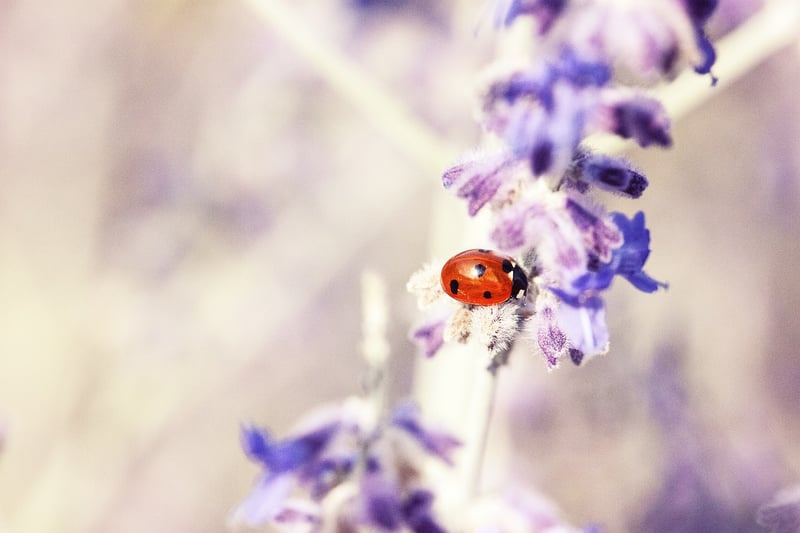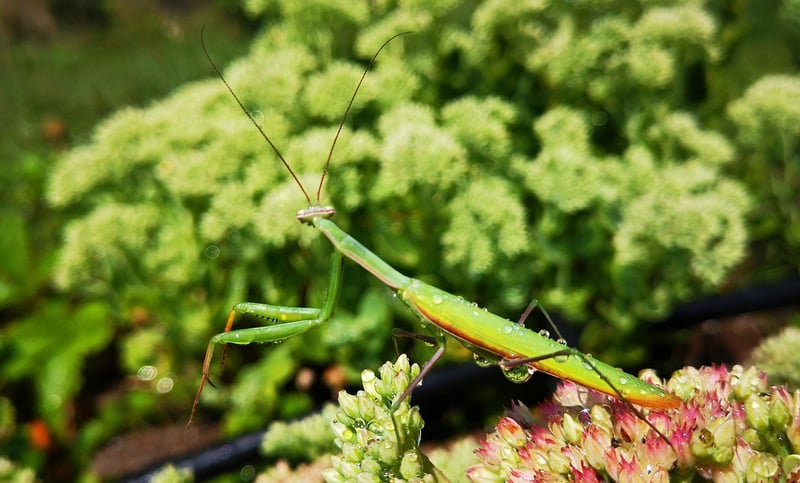Beneficial Insects
Protecting Your Plants with Beneficial Insects
As a plant lover, you know the importance of keeping your green friends safe from pests and diseases. While pesticides can be effective, they often come with harmful side effects for the environment and your health. One eco-friendly and sustainable alternative is to harness the power of beneficial insects to protect your plants naturally.
What are Beneficial Insects?
Beneficial insects are insects that prey on garden pests, helping to keep their populations in check. By attracting these beneficial bugs to your garden, you can create a natural balance that reduces the need for harmful chemicals.
Types of Beneficial Insects
- Ladybugs: They feast on aphids, mealybugs, and other soft-bodied insects.
- Praying Mantis: These voracious predators eat a variety of pests, including caterpillars and beetles.
- Lacewings: Their larvae feed on aphids, thrips, and other small insects.
- Hoverflies: Their larvae consume aphids, mealybugs, and other soft-bodied pests.
How to Attract Beneficial Insects
Creating a welcoming environment for beneficial insects is key to ensuring they stick around to protect your plants. Here are some tips:
- Plant a diverse range of flowers to attract pollinators and beneficial insects.
- Provide shelter for beneficial insects by incorporating plants with dense foliage or creating insect hotels.
- Avoid using broad-spectrum pesticides that can harm beneficial insects along with pests.
- Introduce beneficial insects to your garden through purchased larvae or adult insects.
Benefits of Using Beneficial Insects
Utilizing beneficial insects in your garden offers numerous advantages:
- Reduces the need for chemical pesticides, promoting a healthier environment.
- Helps maintain a natural balance in your garden, preventing pest outbreaks.
- Supports biodiversity by creating a habitat for a variety of insect species.
- Cost-effective and sustainable pest control solution in the long run.
By embracing beneficial insects as allies in your gardening journey, you can protect your plants while fostering a thriving ecosystem in your backyard.


